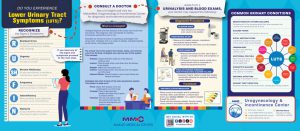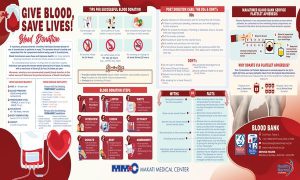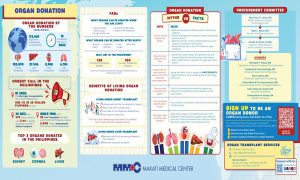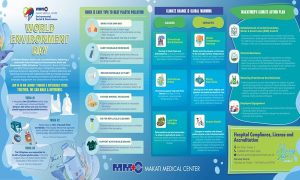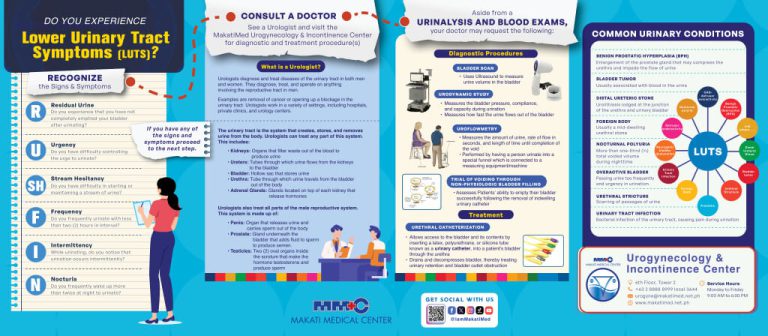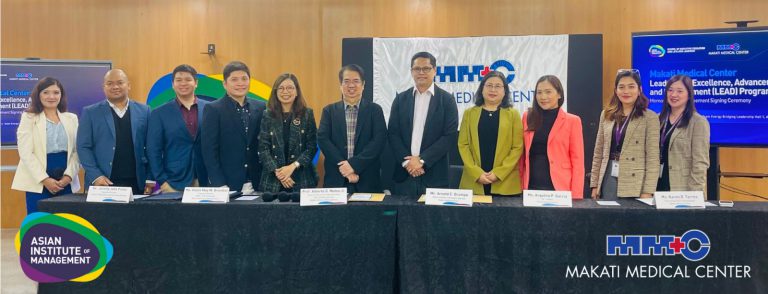When a family member is diagnosed with Alzheimer’s disease—that insidious form of dementia that affects a person’s memory, language, mood, and thinking skills, and disrupts daily living—everyone is affected. This is especially true for Filipinos living in multi-generational households.
While families from other countries and cultures wouldn’t give a second thought to putting their aging folks in a nursing home, Filipinos consider it their duty to look after their senior parents and grandparents. Still, it’s never easy when the person you’re caring for constantly exhibits “kulit moments” typically associated with Alzheimer’s—from repeatedly asking a question to misplacing things and forgetting your name or what they had just done. And what of the more advanced signs of the condition, like hallucinations, fits of anger and violence, depression, wandering, sleeplessness, and loss of inhibition? They’re enough to make even the most even-tempered family member throw in the towel.
For Donnabelle Chu, MD, a Makati Medical Center (MakatiMed) Behavioral Neurology and Dementia Specialist, caring for a senior parent or grandparent with Alzheimer’s disease is best dealt with together as a family.
“Patients with Alzheimer’s can’t help these new thinking and behavioral changes. Their being ‘makulit’ isn’t ‘normal’ or necessarily part of aging. It’s more the result of a condition,” she says. “That’s why looking after a loved one with this condition shouldn’t be the responsibility of one family member. Everybody has to do their part in showing their love, understanding, and compassion for that person.”
It helps to know what you’re up against. Named after Dr. Alois Alzheimer, the German physician who first detected the condition in a female patient in 1901, Alzheimer’s disease is generally caused by an accumulation of beta amyloid, an abnormal protein in the brain, particularly in the area responsible for our memory. “This accumulation slowly shrinks and destroys brain cells, which affects the way our brain functions,” explains Dr. Chu.
According to a 2022 study by the National Nutrition Council (NNC), 2,010 people in the Philippines died from complications caused by the condition. That number is likely to shoot up, given Filipinos’ high incidence of diabetes and hypertension, two (2) conditions that are risk factors of Alzheimer’s disease. “Genetics or a family history of Alzheimer’s also increases your chances of developing the disorder. Women are more likely to have the disease too,” says Dr. Chu.
While Alzheimer’s is typically diagnosed in those aged mid-60s and up, it doesn’t happen overnight. Rather, it is a gradual progression that shows hints in occasional forgetfulness or losing your train of thought.
“Alzheimer’s is a continuum,” says Dr. Chu. “Even before someone has the disease, they experience what’s called mild cognitive impairment—some memory loss or grasping for the right word. But it doesn’t affect their daily living just yet.”
Diagnostic and prevention
Alzheimer’s is diagnosed through memory and thinking tests as well as a blood test to check for the presence of abnormal protein in the brain. Imaging tests like brain MRI (magnetic resonance imaging) or CT (computerized tomography) scan can determine other possible causes of Alzheimer’s-like symptoms, like a tumor or stroke.
As experts work to find a cure for Alzheimer’s, there are ways to prevent it, or delay it at best. “If you know you’re at risk, make some lifestyle modifications,” shares Dr. Chu. “Eat a diet of fresh fruits, lean meat, and leafy green vegetables. Engage in regular physical activity. Manage your blood sugar and blood pressure. Quit smoking. Drink moderately. And stay mentally and cognitively active by learning and experiencing new things and keeping a healthy social life.”
Think a loved one may have Alzheimer’s disease? See a doctor immediately, or better yet, have their cognition or memory assessed to serve as a baseline should changes occur. “Catching it at its beginning stages allows you to start treatment early,” notes Dr. Chu.
At MakatiMed, patients and their families can visit the Memory Plus Center, a sub-specialty clinic that provides a comprehensive diagnostic evaluation, management, and treatment for people with complaints related to memory, cognitive impairment, and other behavioral or psychological concerns related to neurodegenerative brain disorders.
The role of the family
Patients with Alzheimer’s disease are prescribed cholinesterase inhibitors, medicines that prevent the breakdown of acetylcholine, a neurotransmitter that affects our memory, learning, and attention.
Dr. Chu also favors other forms of managing the disorder that do not solely involve medication, but rather the participation of family members and caregivers.
“I know it’s difficult but patients with Alzheimer’s need their family’s patience, involvement, and compassion now more than ever. The family needs to keep in mind that these patients no longer have complete control of their mental faculties,” she underlines. “Scolding or shouting at them won’t help. It’s even counterproductive as it would trigger certain behaviors that can lead to even more stressful situations.”
Given how managing the disease can be challenging, Dr. Chu emphasizes the importance of the entire family’s involvement, as opposed to making it a burden of just one person.
The most important thing is for a family to be united towards one goal: ensuring that their loved one is comfortable and looked after even with the diagnosis. She suggests activities that can help stimulate the brain and give them something to look forward to or make them feel needed.

“Engage them in conversations. Play simple games. Solve puzzles together. Assign them chores like folding laundry or watering plants. Organize get-togethers with relatives and friends. Take them out on a quick trip out of town,” she points out. “With much patience and love from family members, a person’s Alzheimer’s can be managed. But it can only happen when you work together.”
Article based on the Doctors on TV guesting of Donnabelle Chu, MD last September 16, 2023.
To schedule a consultation at the MakatiMed Memory Plus Center, call (+632) 8888 8999 locals 2392 to 2394, or send us an email at [email protected].
Follow our social media pages for more health-related content and for the latest updates: https://www.makatimed.net.ph/social-media-pages/



